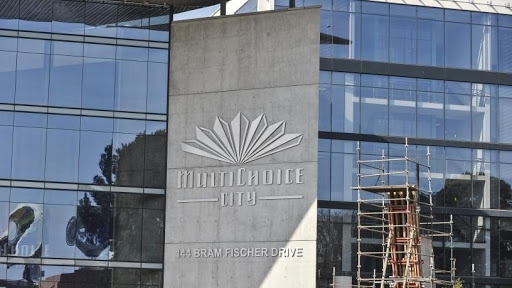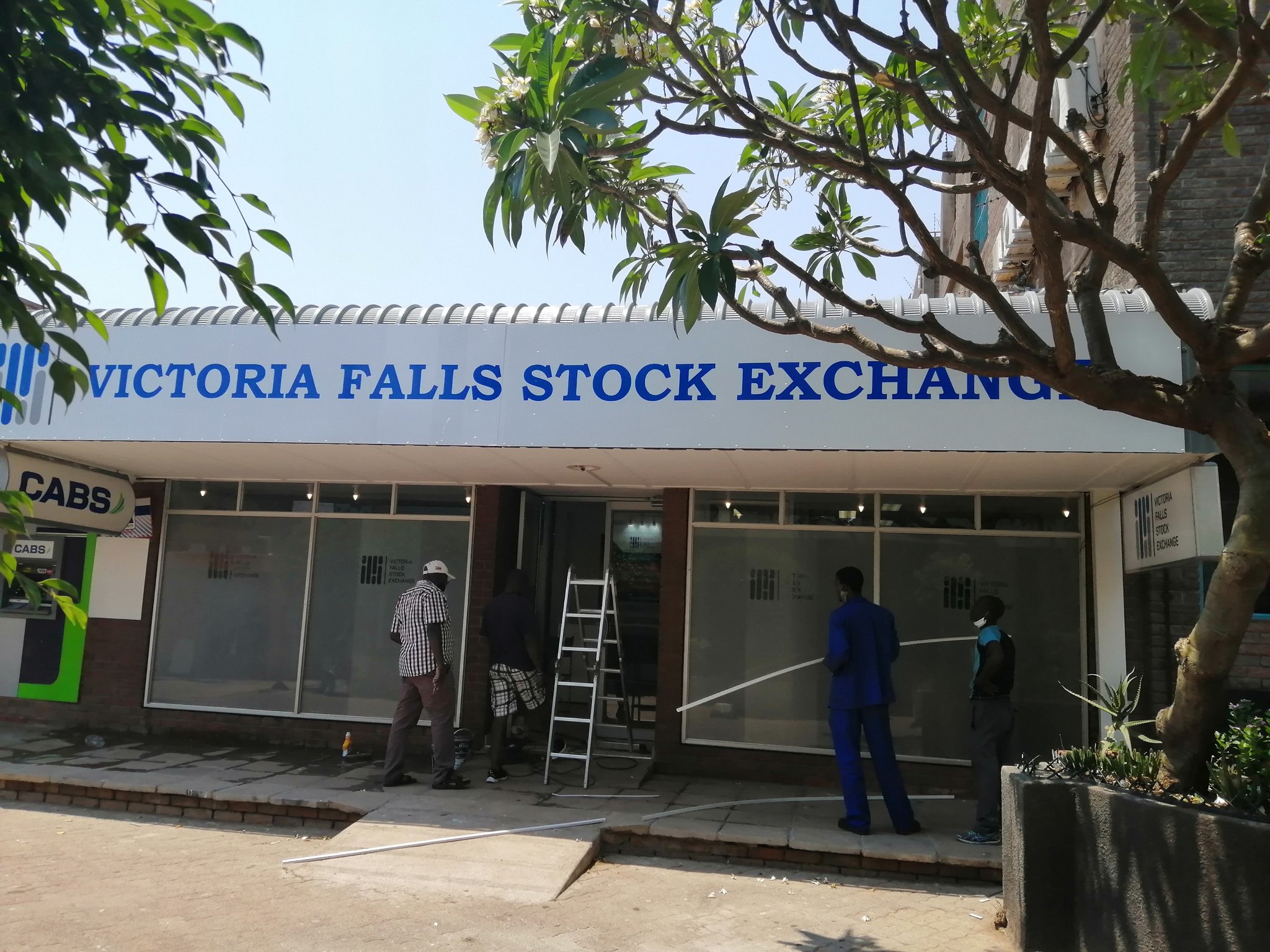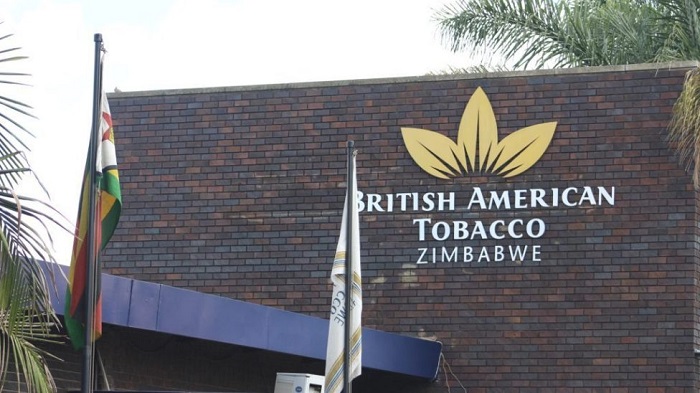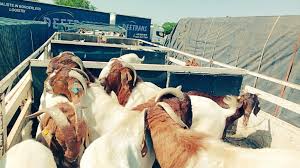US$2m Midlands goat project targets export market
THE NATIONAL Social Security Authority (NSSA) has ventured into a US$2 million goat project that is set to satisfy both the domestic and export market with goat meat.
The pensions authority owns 80 percent shares in the project operating under Woodlands Farm whilst a technical partner, LMV Private Limited, controls 20 percent stake.
With the assistance of Zibagwe Rural District Council, NSSA secured a 600 hectares land a few kilometres outside Kwekwe along Mvuma Road, a thriving farm beckons with a lot of infrastructure being constructed.
Besides goats, the project will also include poultry for eggs and meat as well as fishery. Infrastructure ranging from paddocks, fowl runs, dip tanks and an abbattoir is being constructed on site in anticipation of receipt of the first batch of the livestock for slaughter.
State of the art offices have been constructed, which have transformed the place into refreshing office space where management is working day in day out to make the project a success, a sign that big things are about to happen.
Woodlands Farm marketing and sales manager, Mr Rodney Lunga, told journalists who toured the farm recently that the project would be rolled out in phases with the first 600 goats expected by mid- October.
“As you are aware NSSA is a Government department, which is bound to operate within the Government procurement requirements. We are, therefore, guided by the public procurement procedures and as you know they take a bit of time. We could have received the first batch of both goats and chickens but we are expecting them by mid-October. All the processes have been completed now and we await delivery,” said Mr Lunga.
Goat project
He said the first phase will see delivery of 600 goats and about 7 000 chickens, with 2 000 being layers. The first phase will have the Boer and Kalahari breeds specifically for breeding.
“We are going to have precise and controlled breeding. We have set aside about 18 hectares of land for paddocking. We are contracting more, however, as we prepare for the second and third phases as we proceed,” said Mr Lunga.
He said broilers are purely for meat while layers are expected to produce eggs for sale before they are sold for meat when their laying time expires. For fish, Mr Lunga said they are utilising a disused pit left behind by illegal sand poachers and miners.
“We didn’t have any plans for fish but seeing the pit left behind and how hard it is to rehabilitate, we decided to venture into fish utilising the pit. So, as it is I can’t give you much detail about fish,” he said.
The farm is also venturing into a nutrition garden with a thriving water melon plant already in place. Mr Lunga said a market has already been established both locally and in Angola, United Arab Emirates, which require at least 8 000kg of goat meat per week.
“This is the first project of its kind in Zimbabwe if not the region. You will find that once we start rolling, the market is ready waiting for us. Plans are that we will roll out such farms across the country where we will start each farm per province,” he said.
The farm has already empowered the local community as it employs about 55 people and also contracts farmers from nearby communities.
“All the workers here are from Kwekwe and we look forward to employing more as the project takes shape. We have also engaged local farmers for various projects,” he said.
“Currently we drilled a borehole that is 80m deep, which we are using for construction works. But we will need fodder and are not in the position to produce that using the limited water we have. So, we resorted to contracting farmers nearby for the farming of soya beans and maize and other feed we might require,” he said.
Long term plans, according to Mr Lunga are that the farm will become a value addition centre, which produces own inputs, value add them, conducts training as well as slaughter own goats and even venture into sausage production amongst other things.
He, however, said illegal gold miners left behind unreclaimed pits that need to be rehabilitated for the safety of the animals.
“We even discovered that there are some miners who are claiming to have their mines pegged within the farm. But we have engaged the bulk of them and we seem to be working together for the good. We, however, have some pits left behind by illegal panners that we need to rehabilitate as they can become a danger to the animals,” said Mr Lunga.
The farm has also embraced renewable energy as it is using solar power for lighting and other uses, which require more energy. If successful, the project will be rolled out to other provinces.-chronice.zw









